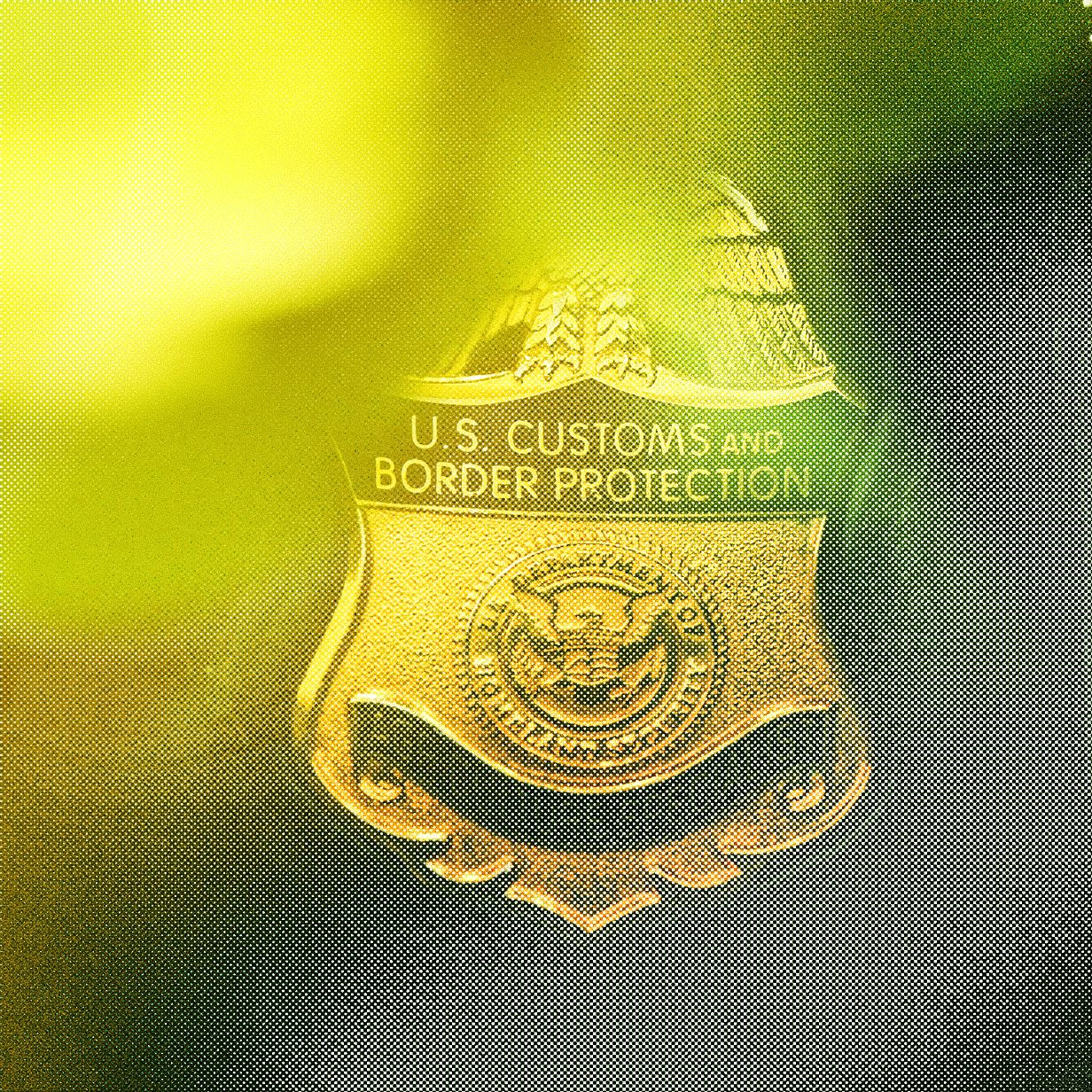Protecting Your Phone—and Your Privacy—at the US Border
When traveling internationally, your electronic devices such as your phone contain a wealth of personal information that you may not want others to access. This is especially true at the US border where customs and border protection officers have the authority to search your devices.
To protect your privacy and data, consider backing up your phone before traveling and deleting any sensitive information that you don’t want to be seen. You can also encrypt your device or use a virtual private network (VPN) to secure your internet connection.
Another option is to enable biometric authentication on your device, such as fingerprint or facial recognition, which can add an extra layer of security. Additionally, consider enabling a remote wipe feature in case your device is lost or stolen.
It’s also important to be aware of your rights at the border. While officers have the authority to search your devices, they still need to have probable cause. You can ask for a warrant before allowing them to search your device.
Overall, taking precautions to protect your phone and privacy at the US border can help ensure that your personal information remains secure while traveling. By being proactive and informed, you can maintain control over your data and have peace of mind during your journey.
Remember, your electronic devices are an extension of yourself and contain a lot of sensitive information. Taking steps to safeguard your phone and privacy is crucial in today’s digital age.





More Stories
“Stupid and Dangerous”: CISA Funding Chaos Threatens Essential Cybersecurity Program.
China Secretly (and Weirdly) Admits It Hacked US Infrastructure
This ‘College Protester’ Isn’t Real. It’s an AI-Powered Undercover Bot for Cops